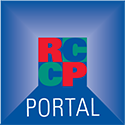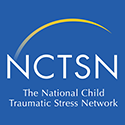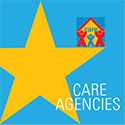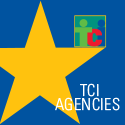
The Center for Creating Trauma-Informed Residential Settings is part of the National Child Traumatic Stress Network (NCTSN). NCTSN is a federal effort to develop a national network of services for children and adolescents who have experienced trauma. The NCTSN mission is to “is to raise the standard of care and improve access to services for traumatized children, their families and communities throughout the United States.” To learn more about the NCTSN, please visit their website at https://www.nctsn.org.
For over 25 years, SAMHSA has recognized the need to address trauma as a fundamental public health issue and supported initiatives such as the National Child Traumatic Stress Network to facilitate developing and sustaining trauma-informed systems of care. SAMHSA’s comprehensive public health approach to addressing trauma includes a framework that describes: trauma, a trauma-informed approach, key principles, and guidance for implementation of a trauma-informed approach. The SAMHSA website provides many other resources related to trauma.
ACRC was founded in 1956 and over the years has become “a powerful voice for residential interventions through relationships, leadership, advocacy, and the promotion of innovative treatment and best practices”. Over the years ACRC founded its professional journal, Residential Treatment for Children and Youth, had annual conferences whose attendance has grown steadily, developed a series of position papers on various aspects of residential care, conducts webinars with up-to-date information on various topics, and conducts and review relevant research.
The mission of the California Evidence-Based Clearinghouse for Child Welfare (CEBC) is to advance the effective implementation of evidence-based practices for children and families involved with the child welfare system.
In 2017, CARE was listed on the California Evidence-Based Clearinghouse with a Level 3 Scientific Rating and High Child Welfare Relevance. CARE is currently listed under two topics, Alternatives to Long-Term Residential Care Programs and Higher Levels of Placement. By January 2022, CARE will likely also likely be listed under a third topic, Trauma Treatment-System-Level Programs.












